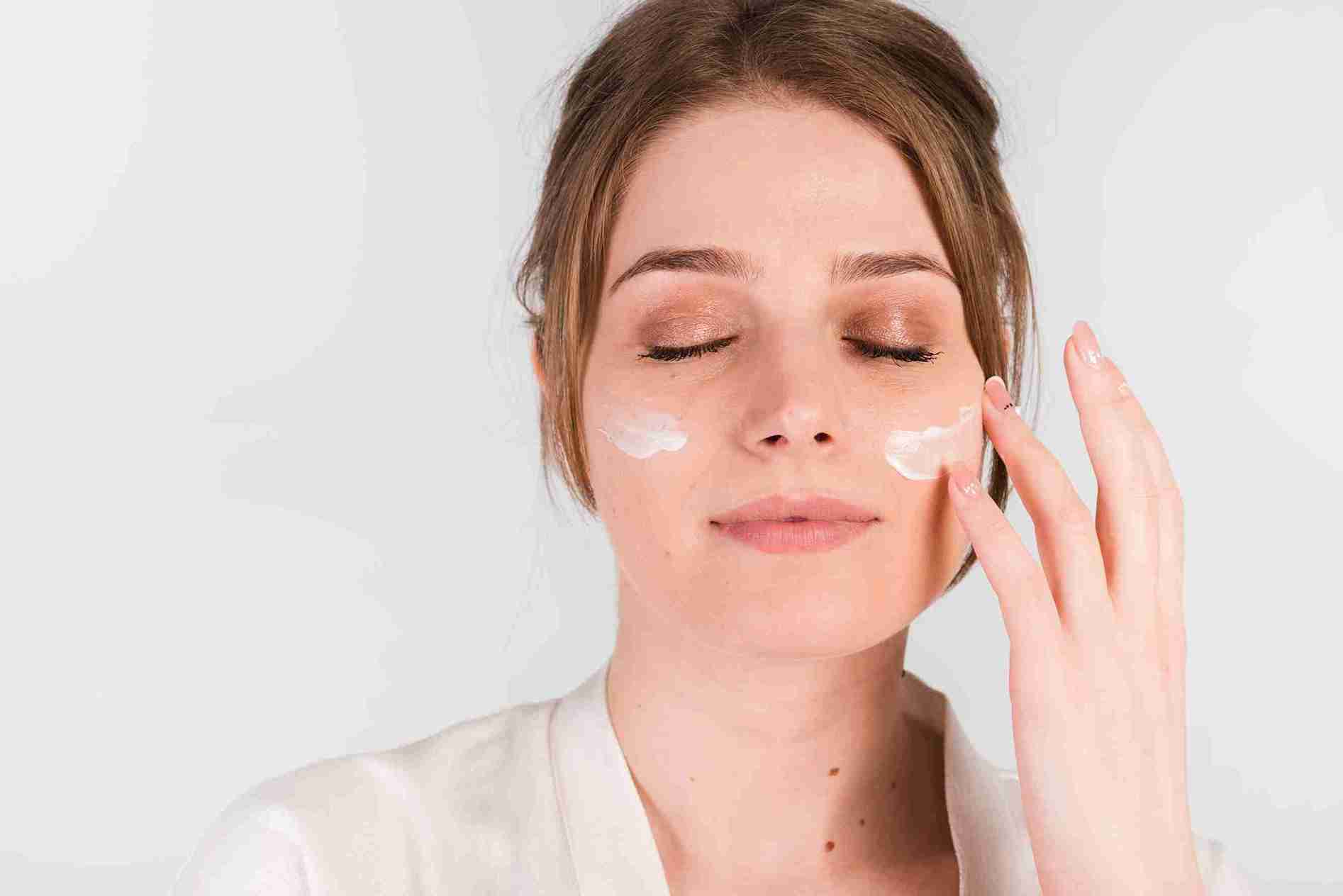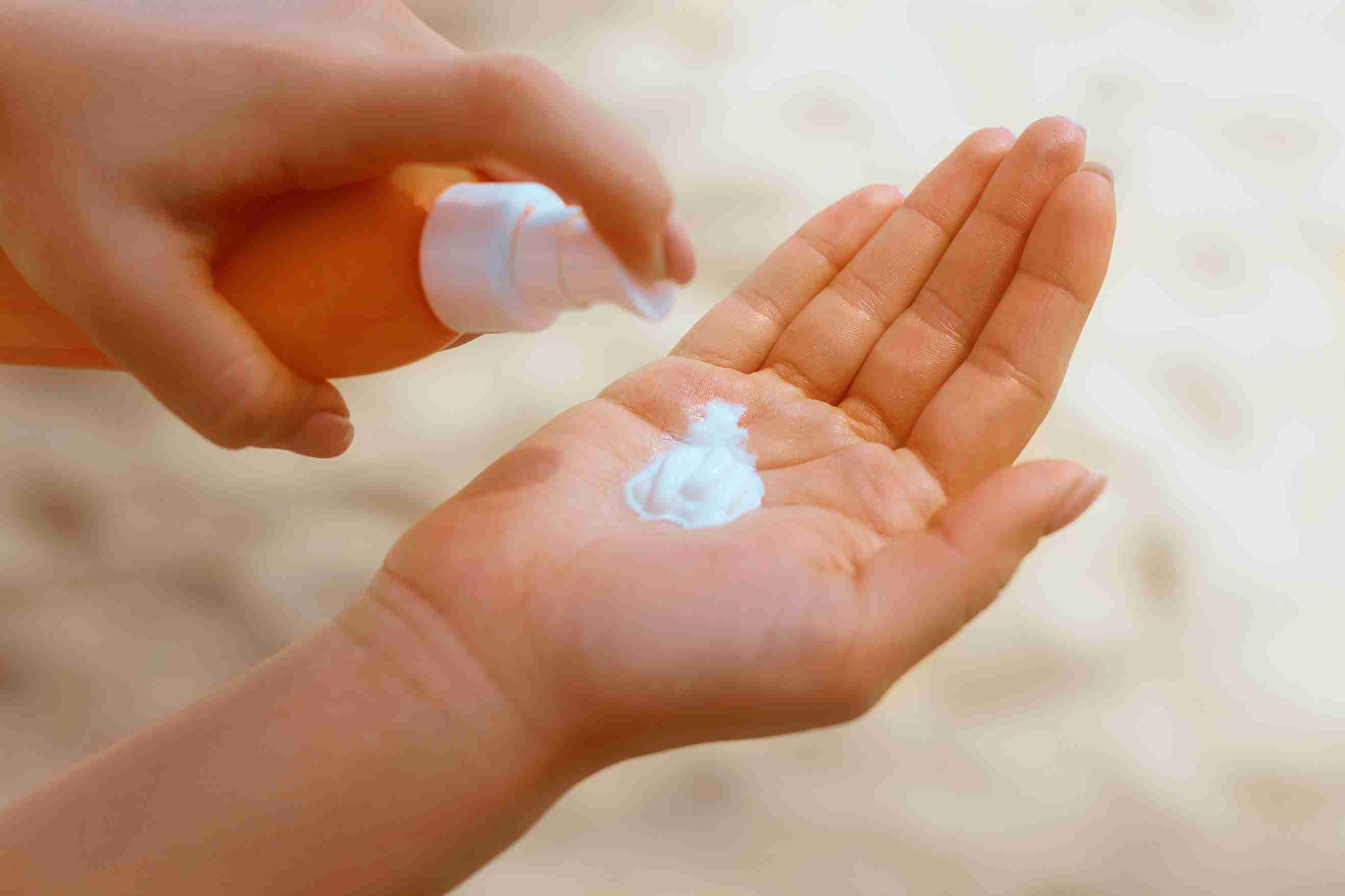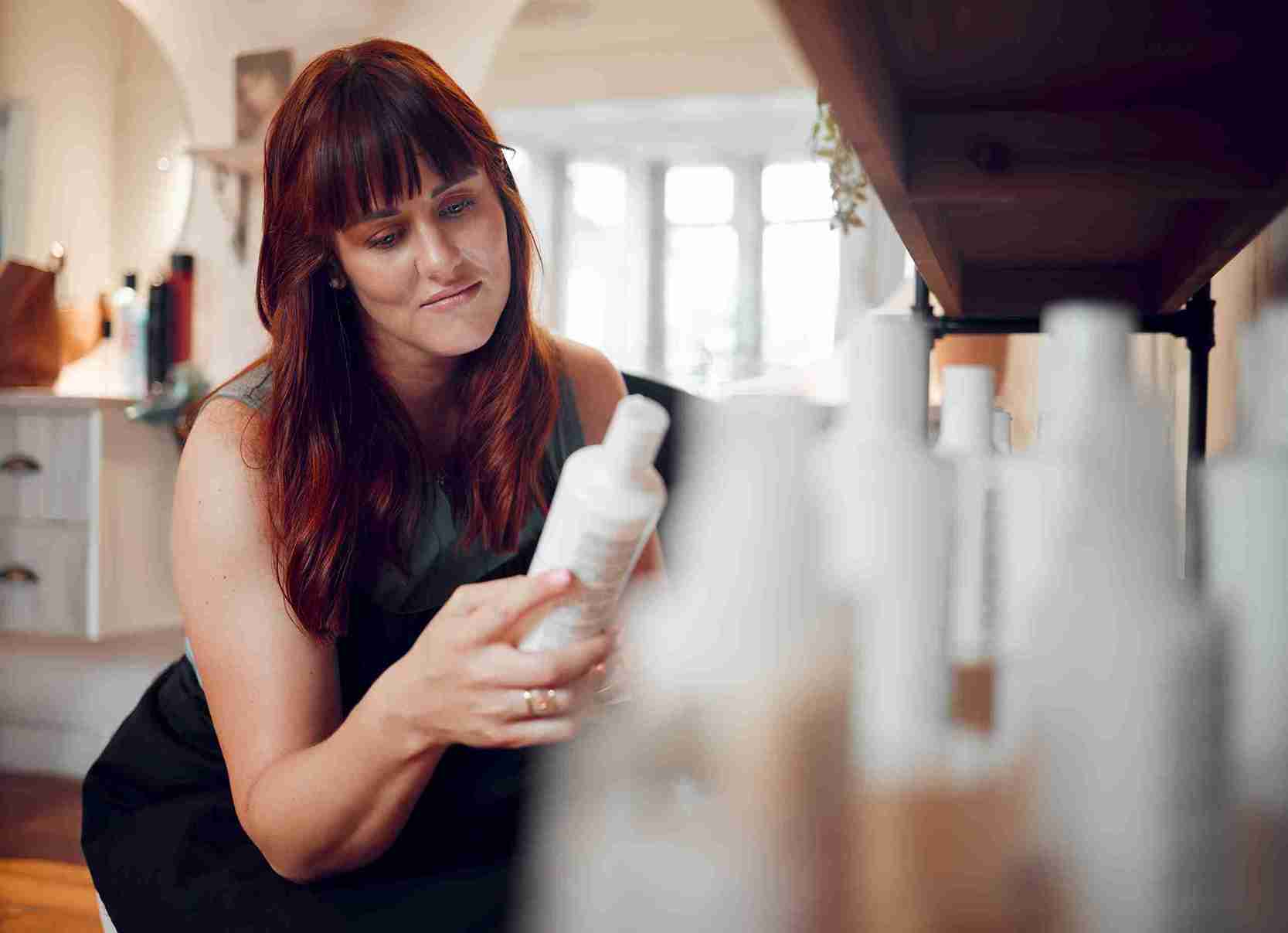
Pregnancy is a time that brings about numerous changes in the bodies of expectant moms. One particular area of concern is the effect pregnancy has on their skin. Expectant mothers often find their skin reacting in new and unfamiliar ways, even more so due to the harsh summer months. The combination of heat, humidity and pregnancy-related hormonal shifts can make the skin more sensitive and prone to various problems. However, these skincare issues can be easily managed by adopting a proactive and sensible approach to skincare.
In this article, we'll closely examine various aspects of pregnancy skincare in summer to nurture and soothe the skin during the summer months.

Most people experience some skin issue or another during the summer months. Dry skin, acne breakouts, rashes, etc., are just some problems that could crop up due to exposure to heat and humidity levels. For pregnant women, increased hormone levels and changes to the immune and cardiovascular systems could be contributing factors and skin issues could appear more intensely and frequently than usual. Apart from experiencing dry skin, darkening and acne, women already diagnosed with skin conditions like psoriasis, eczema, etc., may find that their symptoms have increased (or occasionally decreased) during their pregnancy.
To combat such issues, expectant moms need to adopt pregnancy-safe summer skincare routines that provide adequate protection from the elements while ensuring the safety of the overall health of the mother and her baby. Always consult your ObGyn when planning skincare routines during pregnancy, as they can provide guidance to ensure that the products or regimens are safe for use.
Here are some of the best skincare tips that can help pregnant women safely overcome skin issues during the summer months:
Healthy, glowing skin is the result of adequate hydration. During summer, the body is more prone to losing fluids as the temperature rises. One of the earliest signs of dehydration is dry skin, especially around the mouth and lips. Apart from skin issues, dehydration could lead to severe health issues that could impact the well-being of the fetus. That is why it is essential to replenish the body with water regularly throughout the day. During the summer months, pregnant women should drink plenty of water. This practice not only helps reduce the appearance of stretch marks but also aids in flushing out harmful toxins from the body.
The sun's rays can be harsh, especially on skin that has already become sensitive due to pregnancy. Wearing a good, safe sunscreen for pregnancy daily before venturing outdoors can help prevent sunburn and conditions like melasma. Melasma (also known as chloasma) is a common skin condition that triggers the occurrence of pigmentation or dark patches. Use sunscreen with an SPF of 30 and above. Opt for mineral-based ones with ingredients like zinc oxide and titanium dioxide mentioned on their labels. Reapply every two to three hours, as excessive sweating can wear off the sunscreen.

Parched and tight-feeling skin is the most common sign of skin dryness during summer. The skin tends to lose moisture during hot days, so it is essential to keep it hydrated and protected with a good-quality moisturiser. Stretch marks could be avoided if a thicker moisturiser is regularly applied to the abdominal region to improve skin elasticity. Gel-based or water-based formulas are ideal for oily skin, while cream-based products suit drier skin types. Choosing products that contain natural ingredients, such as shea butter and coconut oil, is preferable. Products containing peptides and hyaluronic acid (HA) can be helpful in minimising stretch marks that may develop as the pregnancy bump grows.
Exfoliation is a process whereby old or dead skin cells are removed to stimulate the growth of new and younger skin cells. This is usually done using skincare products like face or body scrubs, loofahs, etc. However, it's essential to choose only mild exfoliants during pregnancy. Also, it is best to exfoliate just once or twice a week and not overdo it, as it could lead to skin dryness. Again, opt for homemade scrubs or commercial ones that contain natural ingredients like ground coffee, oatmeal, etc.
Hot water could strip away essential moisture from the skin. So, during the summer months, pregnant women should opt for cool or lukewarm water baths and showers instead of hot water. Rinsing with cool water is one of the best ways to relieve heat rash during pregnancy.
Clothes from lightweight, breathable fabrics can significantly reduce discomfort during hot days. Loose-fitting garments made from natural and breathable materials like cotton or linen help prevent rashes and irritation by allowing the skin to breathe. Also, wear wide-brimmed hats and full-sleeved tops to avoid direct exposure to the sun's rays.
Exercise caution while selecting skincare products during pregnancy. Some ingredients commonly found in beauty products may not be suitable during this period. Here are some skincare ingredients that need to be avoided during pregnancy:

Retinoids are chemicals derived from vitamin A and are a common ingredient in beauty products that reduce fine lines and wrinkles, acne flare-ups, etc. However, products containing retinoids, or retinol, must be avoided during pregnancy, as several studies have linked them to congenital health issues in babies.
Another ingredient to look for is hydroquinone, which is used in products that enhance skin tone and colour.
Salicylic acid is often found in skincare products for acne, dandruff, or warts. While small amounts of OTC products are usually safe, high-dose or prescription-strength versions may pose a risk during pregnancy, including rare complications like intracranial bleeding in the fetus.
Since labels don't always list concentrations, it's best to avoid these products unless prescribed by a doctor.
Phthalate exposure can lead to severe reproductive and developmental dysfunctions. Phthalates can enter the bloodstream and reach the developing fetus directly. Over time, these chemicals may also be found in the mother's breast milk. Phthalates are usually found in product packaging, where they could leach into the product by accident. Beauty products like shampoos, nail polishes, hair sprays, cleansers, moisturisers, etc. may also contain phthalates.

Summer can be harsh on pregnant skin, but expectant mothers can enjoy this season safely with proper care and caution. Hydration, sun protection and gentle skincare go a long way in maintaining healthy, glowing skin. Always consult your doctor before trying new beauty products to ensure they are safe for pregnancy.

Avoid cosmetics and beauty products with strong chemicals like retinoids, phthalates, hydroquinone, or salicylic acid — or consult a doctor before using them.

Avoid venturing outdoors when temperatures are at a peak. Wear lightweight garments, preferably full-sleeved tops, made from natural fabrics like cotton while going out in summer.

During pregnancy, opt for moisturisers containing natural ingredients like coconut oil, shea butter, peptides, and hyaluronic acid.
